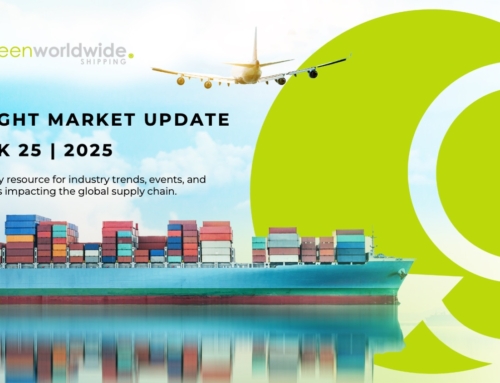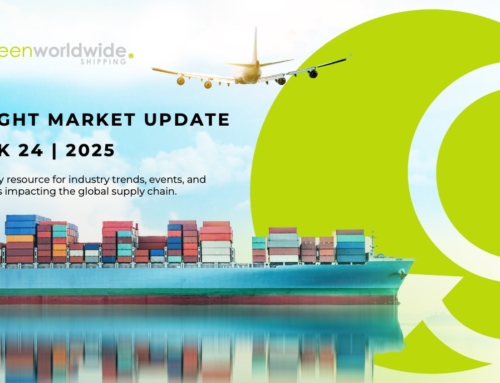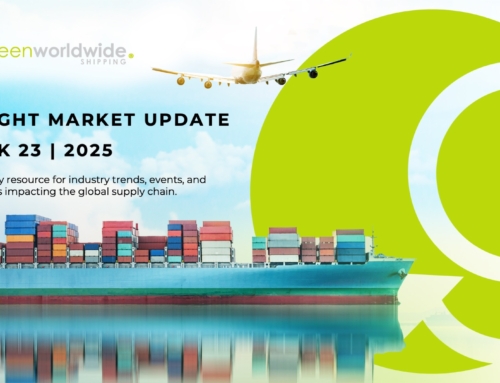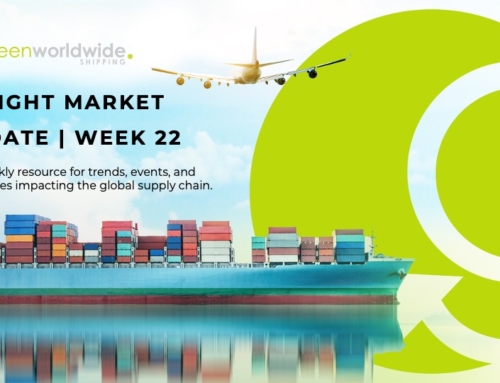2019 will be a transitional year for the United States’ rail industry; known for its inefficiencies, U.S. rail freight is on the quest to increase train speeds and improve services by taking steps towards precision scheduled railroading (PSR).
In September, CSX, the leading supplier of rail-based freight transportation in North America, began eliminating over 230 domestic and 65 international intermodal origin-destination pairs in order to transition into the new business model, spearheaded by E. Hunter Harrison, who implemented precision scheduled railroading at three different railroads. Since then, Union Pacific Railroad and Norfolk Southern Railway have followed suit, announcing the discontinuation of over 425 domestic and almost 100 international intermodal pairings. The collective restructure will cause shippers to once again evaluate rail versus truck moves and try to mend disruption on impacted routes.
WHAT IS PRECISION SCHEDULED RAILROADING?
Unlike the typical rail practice of holding a train in place until it is full, placing the emphasis on volume, PSR focuses on asset utilization and building predictability back into the service, requiring cargo to be ready when the train arrives to load, or risk missing their trip.
SERVICE DISRUPTIONS FOR CHICAGO SHIPPERS
Service cancelations have and will continue to unsettle supply chains nationwide and causing major problems for shippers in specific markets. In Chicago, for example, where containers are now forced to interchange between rail yards across town via truck, instead of via CSX’s traditional steel wheel service, a capacity shortage combined with strong demand can now delay cargo for days, creating additional detention and per-diem charges for shippers that range from $70 to $150 per day. Chicago is United States’ largest freight hub, and CSX defended its position citing the change will allow quicker routings via Chicago and reduce transit times.
OPTIONS FOR CHICAGO RAIL SHIPPERS:
- Contact your freight provider to find an alternative rail provider that can better service the routing;
- Explore direct trucking versus rail if the cargo delivers to a nearby state;
- Consider transloading for longer haul deliveries.
Overall, the eliminated trade lanes have been uncompetitive against trucking spot rates for years, and their sustainability has been adding overhead costs to more productive lanes and the shippers moving freight on them. By simplifying the service network, rail providers believe they will be able to run more efficient and lean operations, ensuring savings for everyone across the board.
And the results don’t lie. CSX recently reported trains traveling 15 percent faster and idling for shorter periods than any of its Class 1 competitors. Union Pacific and Norfolk Southern hope to replicate this success, and will ease into precision scheduled railroading, to avoid the backlash CSX has experienced.
As Green continues to monitor the situation, stay up-to-date on freight news by following us on Facebook, Twitter, and LinkedIn. For continuous updates, make sure to check out our website at greenworldwide.com.
Help finding alternative routings? Contact Green Worldwide Shipping and secure your supply chain. Let’s talk strategy and start moving freight forward.






